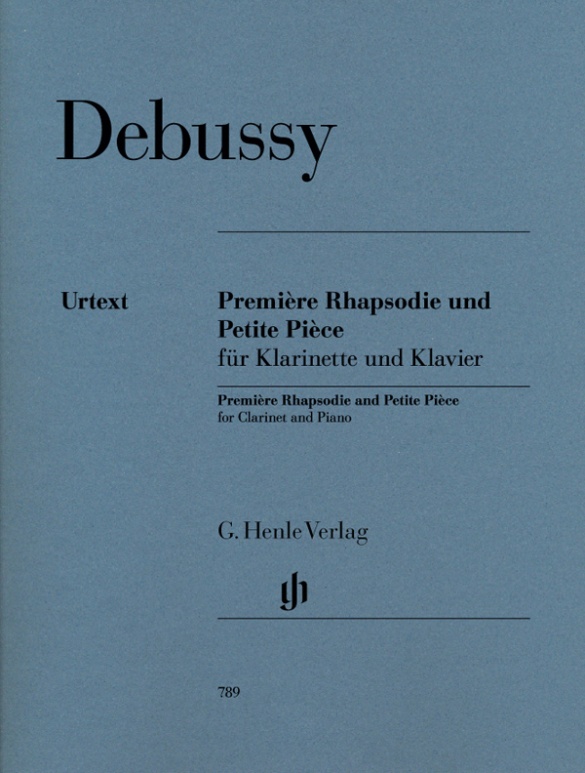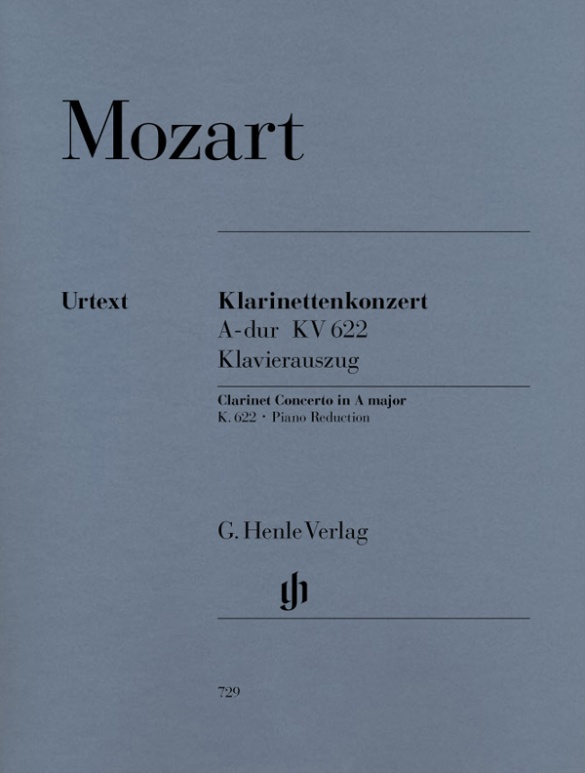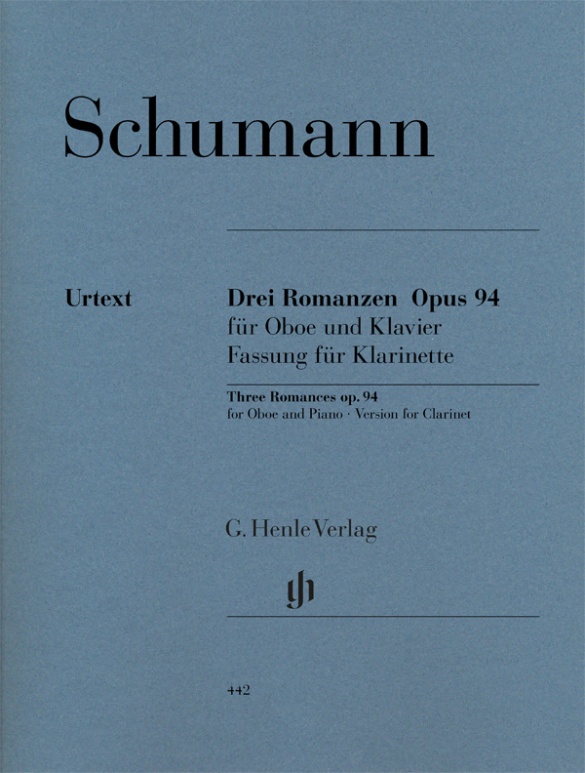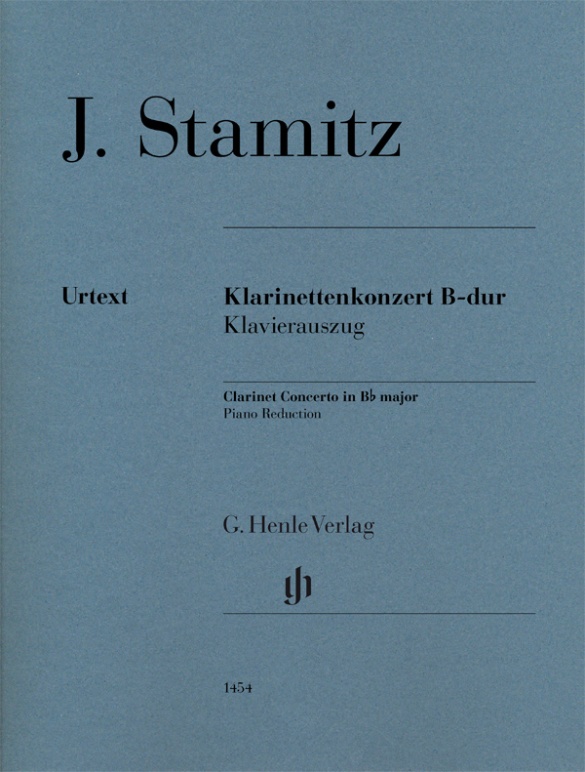

Johann Stamitz
Clarinet Concerto B flat major
The composer and violin virtuoso Johann Stamitz not only established the world-famous Mannheim school in the 18th century but is known among clarinettists above all for presumably being the first to present them with a true solo concerto. Even though Stamitz left it at just this one concerto, it has enjoyed great popularity since its rediscovery in the 20th century and has become a standard work in the concert repertoire. Due to its moderate technical demands, it is ideally suited for music students and as preparation for the more demanding solo parts of Mozart, Weber and Spohr. The newly prepared piano reduction was undertaken with a view to make it easy to play so that also less experienced piano players can undertake the accompaniment of the soloist; a renowned clarinettist, editor Nicolai Pfeffer also contributes suggestions for the cadenzas – the result is an ideal Urtext edition for student recitals and music schools.
Content/Details
About the Composer
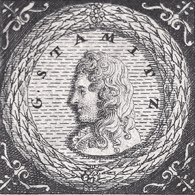
Johann Stamitz
A Bohemian composer and violinist, regarded as a founder of the Mannheim School. Under him, the musical life at the Palatinate court and in its orchestra experienced a golden age. He occupies a prominent position in the history of the symphonie concertante. Along with over 60 symphonies, he wrote numerous concerti and chamber music works (among other things).
| 1717 | Born in Německý Brod, the son of an organist; baptized on June 19. |
| 1728–34 | He attends the Jesuit secondary school in Jihlava. |
| 1734–35 | Studies at the University of Prague. |
| around 1741 | Becomes violinist in the Mannheim court chapel. |
| 1742 | On June 29 in Frankfurt am Main, he gives a concert on the violin, the viola d’amore, the cello, and the double bass for the imperial coronation of Charles VII. |
| from 1743 | As concertmaster of the Mannheim court orchestra, he builds up a group of violinists that significantly improves the quality of the ensemble. |
| 1750 | On February 27, he is promoted to instrumental music director. Under his direction, the Mannheim Orchestra rises to become one of the most popular and skilled of its day. |
| 1751–53 | At the Palatinate court he occupies the position of deputy music director under Ignaz Holzbauer. |
| 1754 | His symphonies and concerti are performed in Paris, enabling him to establish himself as a composer and virtuoso there. He composes for occasions hosted by the fermier général (tax-farmer general) Alexandre Jean Joseph Le Riche de la Poupelinière and assumes direction of his private choir in Passy. |
| 1755 | A publishing privilege dated August 29 allows him to publish his works in Paris. In September he makes his way back to Mannheim. |
| 1757 | Burial in Mannheim on March 30. |
About the Authors
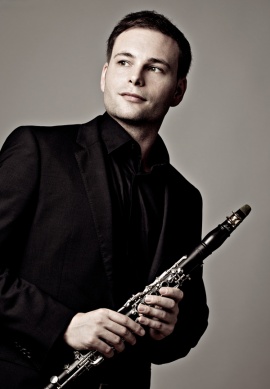
Nicolai Pfeffer (Editor, Cadenzas)
Product Safety Informations (GPSR)

G. Henle Verlag
Here you can find the information about the manufacturer of the product.G. Henle Verlag e.K.
Forstenrieder Allee 122
81476 München
Germany
info@henle.de
www.henle.com
Die bereinigte, das Notenmaterial aus der Zeit der Mannheimer Schule reproduzierende, sehr gut lesbare Henle-Ausgabe wird der Bedeutung dieses frühen Konzerts in jeder Form gerecht und überlässt den Interpreten die detaillierte Gestaltung.
das Orchester, 2022Die Kadenzen sind in der Klarinettenstimme praktisch als ausklappbare Seite eingefügt. Der Klavierauszug wurde von Michail Lifits auf Grundlage der Streicherstimmen neu angefertigt. Die sehr sauber ausgearbeitete Ausgabe dieses wichtigen Klarinettenkonzerts im hochwertigen und angenehmen Henle-Notenbild ist eine Empfehlung für alle Klarinettistinnen und Klarinettisten.
Schweizer Musikzeitung, 2022Nicolai Pfeffer, who previously edited for Henle the Crusell Clarinet Concertos and Gade’s Fantasy Pieces, did a very fine job making clear the original form of the manuscript, correcting obvious errors, adding only a few implied articulations and providing two well-written suggested cadenzas for the first movement. The player is invited, with good historical musical knowledge, to apply their own personal articulations and ornamentation. This is a very welcome edition to have in our clarinet library!
The Clarinet, 2022Nicolai Pfeffer, who previously edited for Henle the Crusell Clarinet Concertos and Gade’s Fantasy Pieces, did a very fine job making clear the original form of the manuscript, correcting obvious errors, adding only a few implied articulations and providing two well-written suggested cadenzas for the first movement. The player is invited, with good historical musical knowledge, to apply their own personal articulations and ornamentation. This is a very welcome edition to have in our clarinet library!
International Clarinet Association, 2022recommendations
autogenerated_cross_selling
Further editions of this title
Further editions of this title


